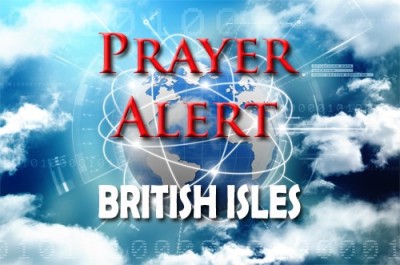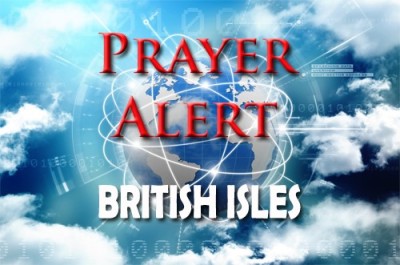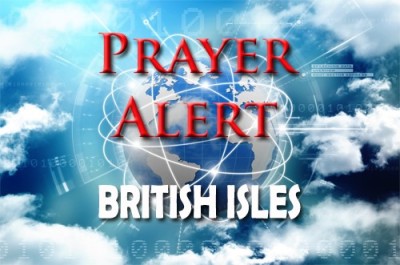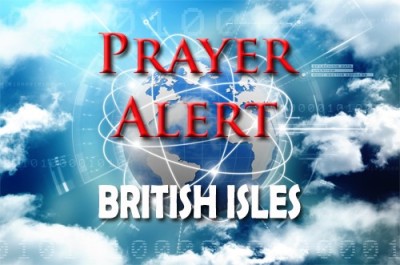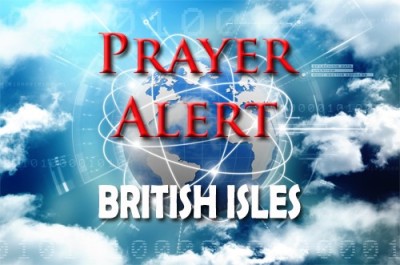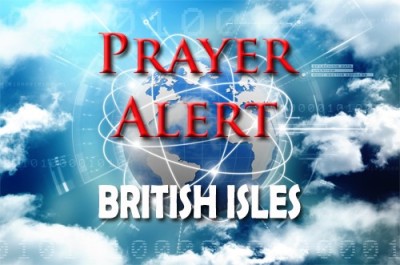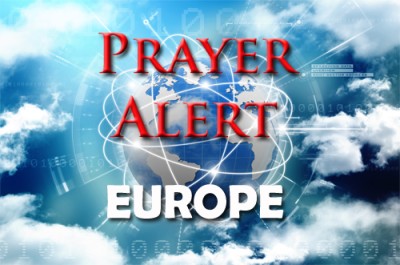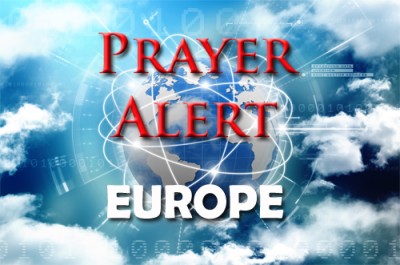College refuses Christian booking
22 Sep 2022The High Court has been told that Christian Concern was blocked from holding a conference at Fitzwilliam College Cambridge because its values were ‘not compatible with the values of the college’. Christian Concern has accused the college of refusing permission because it believes that marriage should be between a man and a woman, and has alleged discrimination, which the college denies. The case arose after a Christian Concern representative tried to book conference facilities for 100 people on behalf of Wilberforce Academy - an initiative for young, professional Christians. Andrea Williams commented, ‘Anyone who knows what we teach and stand for can see that our “general beliefs” are simply Christianity. The widespread silence of the Church on moral issues for decades has allowed activists to paint mainstream Christian beliefs as beyond the pale. We must return to speaking the truth with courage and rebuild Christian institutions - exactly what we do each year through the Wilberforce Academy.’
Leicester: Muslim-Hindu fighting
22 Sep 2022After a cricket match between India and Pakistan on 28 August, aggressive crowds chanted hate slogans and began fighting in Leicester in what has since become weeks of violence. By 18 September Hindu-Muslim disorder had escalated, with violent acts against places of worship and people of faith. Many say the increasing influence of Indian politics (the BJP) and underlying social-economic tensions are being intensified by radical groups. On 20 September 47 people were arrested after masked men protested outside a Hindu temple. Riot police with helmets and shields attempted to move them on as protesters threw firecrackers and bottles. Amos Noronha, 20, was jailed for ten months for possession of an offensive weapon in connection with the violence. People are frightened to leave home; some factory workers have downed tools to go home and protect their families. Some are fearful of neighbours they’ve grown up with. See also
Scotland fighting addiction
22 Sep 2022Scotland has been marked by the devastating impact of drug and alcohol addiction in many ways. Today, the nation is at the forefront of addiction related issues and deaths in Europe, with health, economic, and educational repercussions, and social challenges for families and communities in urban and rural environments. The widening mental health crisis, socio-economic challenges, and limited clinical support exacerbated by the coronavirus pandemic have led to the highest increase in addiction issues in over ten years. But we are a nation with hope. For decades, Christian organisations have invested tremendously in the building of in-person and online spaces for drug addiction recovery. Within the last decade, over 2,300 individuals have been directly treated and successfully recovered from their addictions through faith-based recovery programmes, with thousands more impacted in some way. The Scottish government has appointed a minister for drugs policy and increased funding to reduce addiction.
Christian charity helping vulnerable youth
22 Sep 2022Christian charity Benefact Trust has awarded a grant of £67,000 to XLP, a London charity that uses music and the arts to bring harmony into the lives of young people growing up in communities with a lack of opportunity. It will use the grant to supply youth workers with recording studio equipment to use in the hearts of communities. They aim to create safe spaces for young people who struggle daily with issues like family breakdown and gang violence. Jonathan, one of the youth workers on the project, said, ‘Music is an incredible way to experience freedom when opportunities around you feel chained up and you can't see a way out.’ XLP works with over 2,500 young people across nine inner-city London boroughs, empowering young voices to seek positive futures. It was set up in 1996, in response to a stabbing in a school playground.
Business energy prices cuts
22 Sep 2022UK businesses, hospitals, schools and charities will have their energy bills cut by half their predicted level under a support package that fixes wholesale gas and electricity prices for six months from 1 October, shielding businesses from crippling costs. The scheme will be reviewed after three months and possibly extended for vulnerable businesses. Government officials have not said how much the package will cost taxpayers: Cornwall Insight estimates £25bn. Energy-intensive industries, like steel manufacturing, could close because of energy costs surging after Russia's invasion. Household bills would be limited to £2,500 annually until 2024 under a separate scheme. Business analyst Simon Jack said few businesses plan with only a six-month time horizon. There will be some whose plans to cut production, close premises and let staff go will not change in spite of this intervention. Retail and hospitality organisations see this as giving them a fighting chance over the commercially crucial Christmas trading period.
Recession and raised interest rates
22 Sep 2022The Bank of England has raised interest rates to 2.25%, the highest level for 14 years. This will make it more expensive to borrow, which should - theoretically - encourage people to borrow less and spend less. It should also spur people to save more. However, there is also a risk that it can drag on growth, harming the economy. The bank's monetary policy committee, which sets rates, believes that the economy is already shrinking, which would officially push the UK into recession. The Bank of England has also warned that the government’s energy price freeze will push up inflation in the medium term. With energy bills rising less sharply, households will have more money to spend on other goods and services (although some people are already having to skip meals due to rising bills).
Ukraine: cargo ships leaving
22 Sep 2022On 24 August a total of 33 cargo ships carrying 719,549 tons of foodstuffs left Ukraine, under a deal brokered by the UN and Turkey. Although the pace of exports has risen in September, volumes are well below last season’s levels. Ukraine also has a rail link to Moldova that could be used to carry ten million tons of freight a year. See On 2 September American media reported that Ukraine says Russia is using cargo ships to ferry weapons to the Black Sea. Kyiv has asked Turkey to block passage of sanctioned vessels making journeys from Syria through straits controlled by Ankara. See also the world article on the Horn of Africa.
Putin’s chest pains and intimidation
22 Sep 2022Vladimir Putin delayed his TV address to Russia to be urgently treated for 'chest pains'. The eventual speech the next day warned of Russia’s use of nuclear weapons and mobilising troops. The delayed broadcast allegedly happened only because doctors had urgently treated him. Comments surrounding his health have intensified in recent months. Russia’s General SVR Telegram channel routinely claims that 69-year-old Putin suffers from illnesses such as cancer or Parkinson’s disease. His mental and physical wellbeing have been in sharp focus since he invaded Ukraine. In the delayed announcement he ranted about purging Ukraine of ‘neo-Nazis’ and wanted referendums in occupied regions. But for thousands of Russians watching TV at home, the most notably worrying elements of the broadcast was the ordering of 300,000 army reservists into battle and preventing 25 million reservists from fleeing Russia. This news has shocked and alarmed even his closest confidants.
